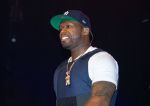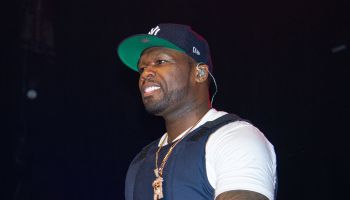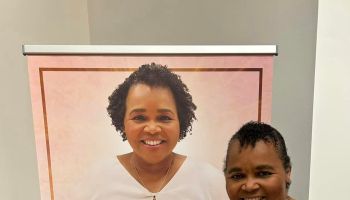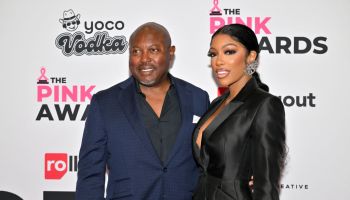Singer/Actress Beyoncé is now being considered a political figure.
A course at Rutger’s University suggests Beyonce’s appearance, lyrics, and public appeal reflect that of something bigger than mere entertainment. She could be setting the standard and making a statement with all the images she puts forth through music.
Beyonce’s husband, rapper Jay-Z is already the subject of his very own course for college credit at Georgetown University.
Kevin Allred, a doctoral student and lecturer in Rutgers’ Department of Women’s and Gender Studies, where he teaches “Politicizing Beyoncé,” says, she isn’t seen as “political” in the traditional sense of the word.
“This isn’t a course about Beyoncé’s political engagement or how many times she performed during President Obama’s inauguration weekend,” he says. Rather, Beyonce’s music and career are used as lenses to explore American race, gender, and sexual politics. Allred pairs Beyoncé’s music videos and lyrics with readings from the Black feminist canon, including the writings of bell hooks, Alice Walker, and even abolitionist Sojourner Truth.
“Politicizing Beyoncé” emerged from Allred’s four semesters teaching Women’s Studies 101 at Rutgers, during which he and his students, both male and female, often discussed the thin line Beyoncé walks as a “sex kitten-cum-girl” power role model.
“She certainly pushes boundaries,” Allred says. “While other artists are simply releasing music, she’s creating a grand narrative around her life, her career, and her persona.”
Course topics include the extent of Beyoncé’s control over her own aesthetic, whether her often half-naked body is empowered or stereotypical, and her more racy performances as her alter ego, “Sasha Fierce.” In-class discussions often lead to other vocalists, including Billie Holiday, Nina Simone, Lady Gaga, and contemporary musicians who embrace the soul singing tradition like Adele and the late Amy Winehouse.
















